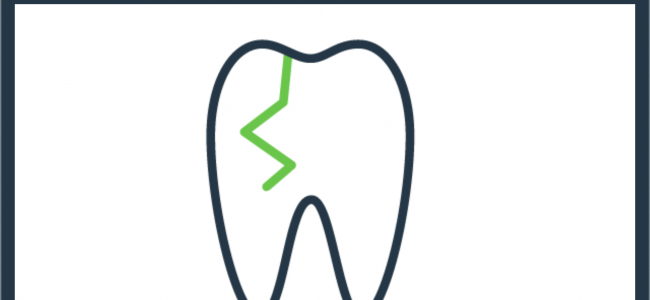First and foremost, if you ever DO find yourself in need of emergency dental work, we’d like to encourage you to call or make an appointment at our offices instead of visiting the emergency room. Right now, it’s vitally important that ER clinicians are available to treat COVID-19 cases, so we want to do everything in our power to free up healthcare workers to focus on those who need them most.
Plus, ER clinicians aren’t actually allowed to perform dental work of any kind! They are only able to provide temporary measures to relieve pain until you’re able to see us. Only a licensed dentist is legally able to perform emergency tooth extractions, emergency root canals, or any other dental services — emergency or routine.
Anyone that has ever had a dental emergency knows how scary and overwhelming it can feel. Although there’s no way to predict when a dental emergency might happen or prevent accidents, there are actions you can take to cut down on the chance you’ll need emergency dental work.
1. Always wear a mouthguard when playing sports.
When we think of mouthguards, we often assume that only athletes in high-contact sports like hockey, football, or boxing need to wear mouthguards. The truth is, tooth or mouth injuries can occur during almost any sport, which is why a mouthguard is a good idea no matter what game
you’re playing. Sure, it might be a little bit uncomfortable — but we can guarantee it’s nothing compared to losing or chipping a tooth!
2. Use your teeth as they’re intended.
Your teeth are for chewing food, NOT for use as scissors! Our teeth are exceptionally strong, which is why it can be very tempting to use them to cut or break plastic or tags — but using them in this manner is an easy way to cause chips or breaks. It might be a difficult habit to
break, but it’s always worth reaching for the scissors instead of potentially sacrificing your chompers.
3. Don’t chew ice, popcorn kernels, or hard candy.
Another habit that’s difficult to break, many people chew on these hard items absentmindedly. In addition to potentially causing a dental emergency, chewing enough ice over time can cause enamel loss and tooth decay. If this habit is especially difficult for you to tackle, try carrot sticks
or celery stalks in place of ice, popcorn kernels, or hard candy.
4. Practice excellent oral care.
This may seem like an obvious one, but it’s one of the most common reasons we see emergency dental patients. Brushing and flossing on a regular basis is one of the best ways to avoid emergency dental care. Another thing that reduces emergency visits? Regular dental cleanings and checkups, where we can catch potential issues early before they become emergencies.
5. Stay hydrated.
Staying hydrated is important for our overall health, but it’s also vital for keeping healthy teeth, too. If you don’t drink enough water, your body isn’t able to produce enough saliva. Saliva plays an important role in oral health by washing away excess food particles and bacteria, as well as
helping to maintain a neutral pH in your mouth. Saliva also contains specific minerals that help to protect your teeth from the risk of tooth decay.
6. Keep tabs on your teeth.
It’s easy to imagine worst-case scenarios when we hear the phrase, “dental emergency,” but oftentimes dental emergencies occur when patients aren’t paying attention to the signs, symptoms, and signals they’re experiencing. If you have sensitivity when eating hot or cold foods, unexplained pain or soreness, or anything that seems uncomfortable or out of the ordinary, immediately make a dental appointment. Paying attention to what your mouth is trying to tell you is by far the best possible way to cut down on potential emergency visits.
